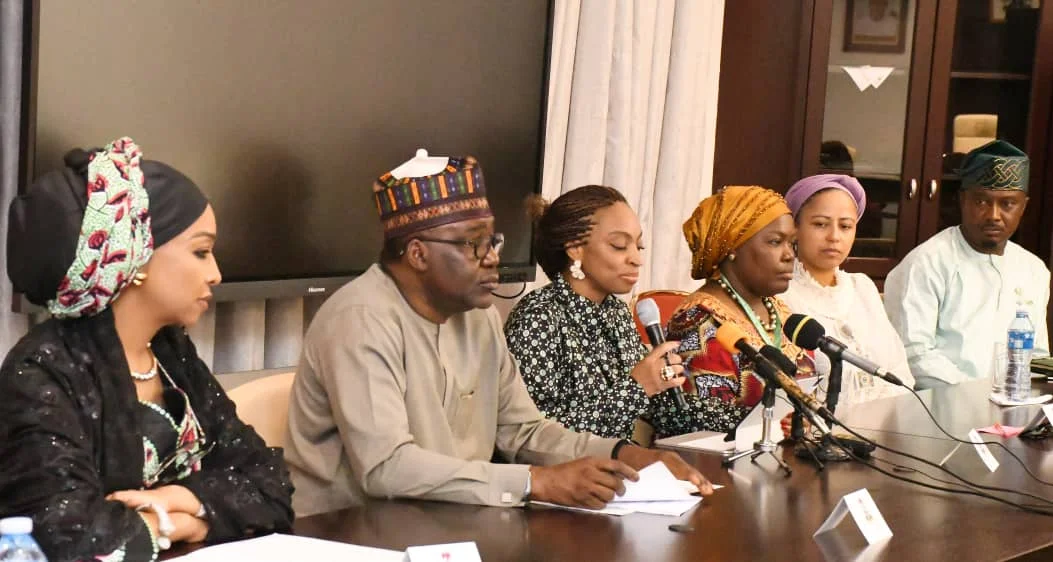Mr Obafemi Bajomo, Senior Special Adviser to the Minister of Aviation and Aerospace Development on Foreign Direct Investments and Capital Improvement Programs, says African countries should strengthen collaboration toward better intra-African connectivity.
Bajomo said this in an interview with the News Agency of Nigeria (NAN) on Thursday in Abuja.
According to him, by promoting intra-African connectivity, African countries can unlock their economic potentials, improve living standards and foster a more integrated and prosperous continent.
He urged African leaders to deepen efforts toward the African Continental Free Trade Area (AfCFTA), African Union`s Agenda 2063, Single African Air Transport Market (SAATM), and infrastructure development projects to achieve the feat.
Bajomo commended efforts of the Nigeria Minister of Aviation and Aerospace Development, Mr Festus Keyamo, to advance intra- Africa connectivity to ensure a robust and resilient future for Nigeria and African region in general.
“At the recently concluded AviaDev Africa Conference in Zanzibar, Tanzania, Nigeria’s Minister of Aviation and Aerospace emerged as a leading voice in the urgent call for enhanced intra-African air connectivity.
“His additional function as the current Chairman of the Banjul Accord Group (BAG) found global resonance through a newly unveiled report by Brazilian aerospace manufacturer, Embraer.
“The report is titled “Connecting Africa: Unlocking Africa’s Intra-Regional Connectivity Potential.
“Launched on June 12, the report provides a compelling data-backed argument for rethinking the status quo of Africa’s fragmented aviation landscape,“ he said.
Bajomo said that the report amplified the long-standing campaign of Keyamo, whose vision for a connected Africa now aligned with both global industry players and empirical economic projections.
“Drawing upon clear statistics and strategic analysis, Embraer’s findings make the case for deploying right-sized aircraft and creating new regional air corridors to bridge the vast distances that have historically divided African economies.
“The report quoted Keyamo as saying that the potential of intra-African connectivity is vast, and it is within our collective power to unlock new markets, build new regional hubs, and create a more integrated continent.
“By working together, we can foster economic growth, promote trade and improve the lives of millions of Africans through better connectivity,“ he said.
Bajomo said that the report revealed that Africa contributed a paltry 2.1 per cent of global air passenger and cargo traffic despite being home to 18 per cent of the world’s population.
The minister’s aide said that the mismatch, which was highlighted by the International Air Transport Association (IATA) and cited in the report, pointed to a massive untapped opportunity in Africa.
He said that the Embraer study underscored the importance of small and medium-sized aircraft in catalysing growth in underutilised routes and demonstrated how new services could stimulate demand up to 80 per cent.
He said that Keyamo had tirelessly advocated for the liberalisation of African airspace, the development of regional hubs and the fast-tracking of Bilateral Air Service Agreements (BASAs).
“His tenure has also seen increasing collaboration with Original Equipment Manufacturers (OEMs) like Embraer, and policy thrusts aimed at fleet modernisation, aviation infrastructure renewal, and route expansion—objectives squarely mirrored in Embraer’s recommendations.
“The Embraer report identifies 45 intra-African routes currently unserved by direct flights, many of which could support multiple weekly frequencies using 100-seat aircraft like the E-Jet E2.
“Such right-sized aircraft offer cost-efficiency and flexibility, aligning with the minister’s argument that African airlines must rethink operational models to better match passenger demand and reduce operational costs,“ he said. (NAN)


